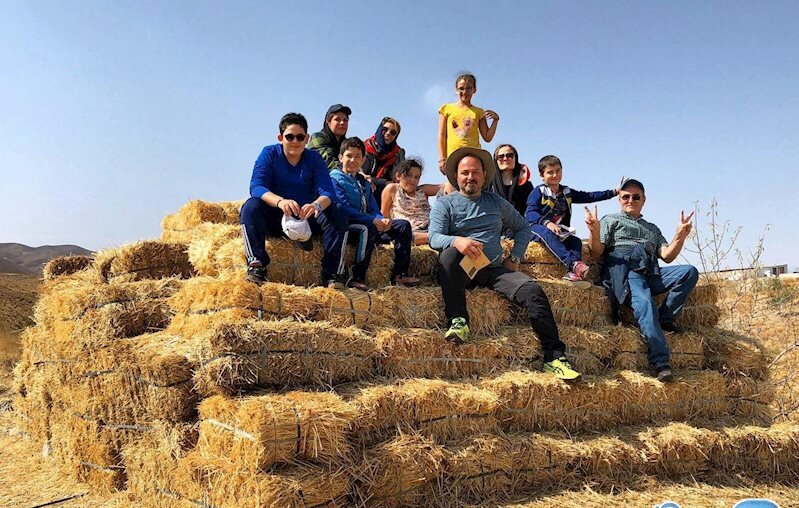Tehran to boost agritourism, official says

TEHRAN—The tourism authorities of Tehran province plan to develop agritourism, the provincial tourism chief has said.
For the first step, the preservation of cultivated fields and greenhouses is a key factor in revitalizing the agricultural industry, Parham Janfeshan explained on Monday.
It could also help stimulate employment across the province, the official added.
Agritourism is a relatively new branch of the travel industry in which tourists stay with locals in rural areas. Farm/ranch recreation refers to activities conducted on private agricultural lands, which might include fee-hunting and fishing, overnight stays, educational activities, etc.
Agritourism and nature-tourism enterprises might include outdoor recreation (fishing, hunting, wildlife study, horseback riding), educational experiences (cannery tours, cooking classes, or tea or coffee tasting), entertainment (harvest festivals or barn dances), hospitality services (farm stays, guided tours, or outfitter services), and on-farm direct sales (u-pick operations or roadside stands).
Agritourism is a subset of a larger industry called rural tourism that includes resorts, off-site farmers' markets, non-profit agricultural tours, and other leisure and hospitality businesses that attract visitors to the countryside.
Rural tourism is said to differ from agritourism in some ways. For instance, rural tourism enterprises do not necessarily occur on a farm or ranch, or at an agricultural plant. They do not generate supplemental income for the agricultural enterprise.
To cite an example, we could refer to saffron farms in northeast Iran that are going to fame as a new destination for agritourism. Iranian Saffron is known as the “red gold”, saffron is a magical ingredient in Persian culture, from aromatic foods and colorful desserts to physical and spiritual medicine.
Experts believe that agritourism pays special attention to the production sector, saying “For this reason, agricultural tourism is much more important and practical than other branches of tourism because it creates a new chain and diversity in the field of production and services.”
ABU/AM
